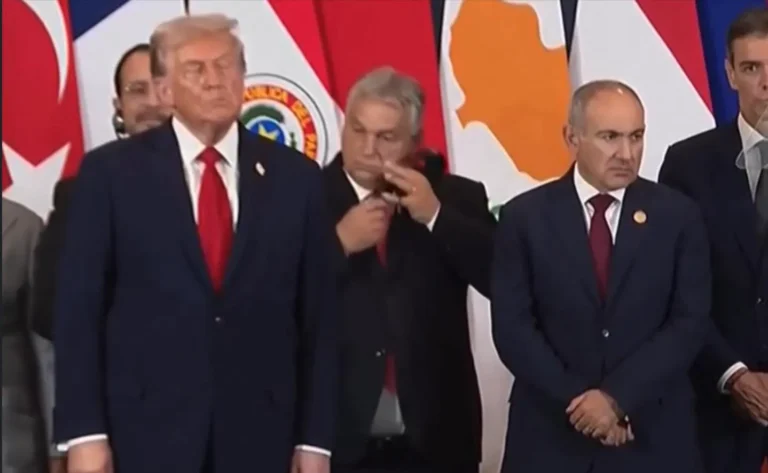United States
The American ‘superweapon’ that frightened Putin so much he may seek peace in Budapest

How could Vladimir Putin come to Budapest with all the sanctions and arrest warrants?

Budapest to see unprecedented security measures during Trump and Putin summit

Ambitious: NASA pushes to build a moon nuclear reactor by 2030

Putin and Orbán in secretive phone call: here’s how the Russian President would arrive in Budapest

Sooner than expected: Here’s when Trump and Putin will meet in Budapest for potential peace talks

Orbán and an unmuted mic: we’ve learned when he’ll meet Trump – who is also set to hold talks with Putin in Budapest

A new bird has landed! Popeyes opened its first restaurant in Budapest

Orbán explained how Trump may help him before the 2026 Hungarian elections – this could be a big story!

Hungarian government: Trump deserves Nobel Peace Prize

Trump cannot understand why his friend, Putin, did not end the war in Ukraine

A new meme source? PM Orbán’s struggle with the interpreting device caught on live video

Trump’s stunning prediction about the result of the 2026 elections in Hungary – video

Another direct flight may operate between Budapest and America

Microblading in San Diego: What to Expect and How to Prepare

BREAKING – Budapest’s Sziget Festival faces extinction unless new investor is found urgently

‘Dramatic’ turning point: Kremlin warns Tomahawk missiles to Ukraine could be nuclear-capable

Revealed: Most foreign fighters on Russia’s side come from this country after North Korea





 ZH
ZH IT
IT DE
DE HR
HR NL
NL FR
FR JA
JA RO
RO RU
RU ES
ES TR
TR
